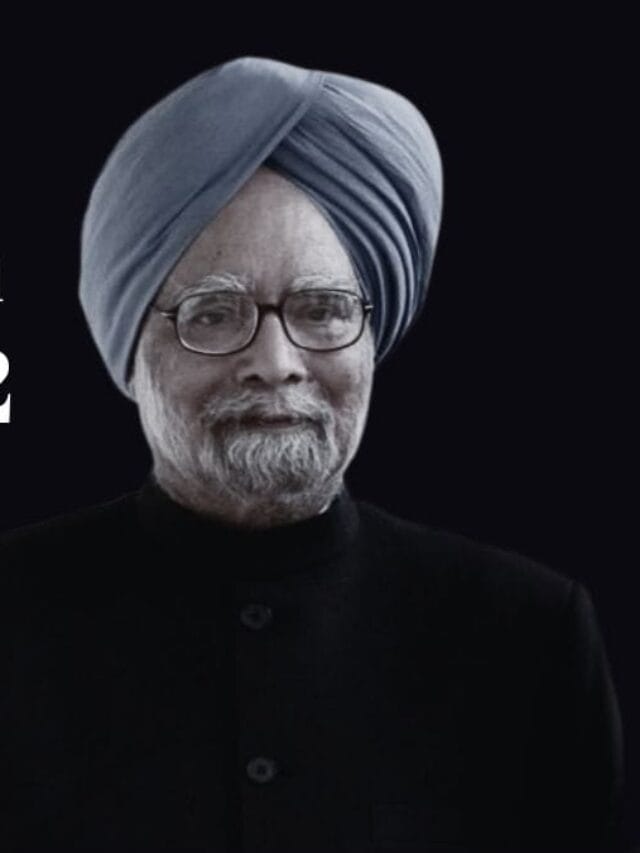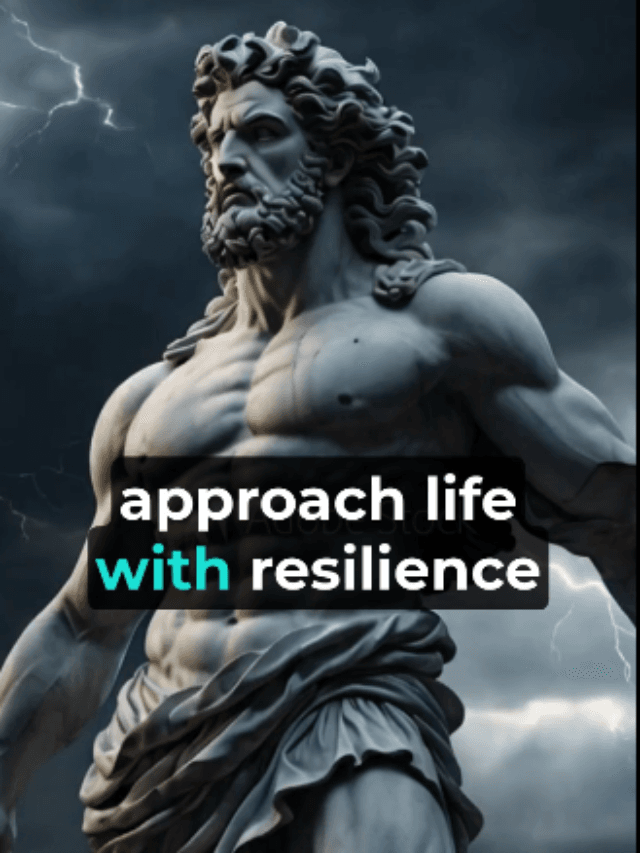

Dr B.R. Ambedkar life story
Dr. Bhimrao Ramji Ambedkar, popularly known as Dr. B.R. Ambedkar, was a visionary leader, social reformer, jurist, economist, and the principal architect of the Indian Constitution. His life story is a tale of perseverance, intellectual brilliance, and a relentless fight against social injustices. Here’s a look at his life and some lesser-known facts:
Early Life
- Birth: Dr. Ambedkar was born on April 14, 1891, in Mhow (now Dr. Ambedkar Nagar), Madhya Pradesh, India. He belonged to the Mahar caste, considered “untouchable” in the rigid caste system of India.
- Education Struggles: Despite facing extreme discrimination, Ambedkar excelled in academics. As a child, he was often segregated from other students and had to sit on the floor in school.
Educational Achievements
- First Dalit to Study Abroad: Ambedkar was the first person from the Dalit community to travel abroad for higher education.
- Degrees Earned: He earned multiple doctorates from prestigious universities, including a Ph.D. from Columbia University (1917) and a D.Sc. from London School of Economics (1923).
- Polyglot: He was fluent in multiple languages, including Marathi, Hindi, English, Pali, Sanskrit, Gujarati, and Persian.
- Economist and Scholar: His thesis on the Indian economy highlighted the exploitation of the lower classes and remains relevant even today.
Key Contributions
- Father of the Indian Constitution: Dr. Ambedkar was the chairman of the drafting committee of the Indian Constitution, which enshrines principles of equality, liberty, and fraternity.
- Advocate for Dalit Rights: He worked tirelessly to eradicate untouchability and uplift marginalized communities.
- Role in Women’s Rights: Ambedkar championed gender equality, advocating for reforms in Hindu laws to ensure women’s rights to inheritance and divorce.
Dr B.R. Ambedkar quotes
Here are some powerful and inspiring quotes by Dr. B.R. Ambedkar:
- “I measure the progress of a community by the degree of progress which women have achieved.”
- Reflecting his commitment to gender equality.
- “Be educated, be organized, and be agitated.”
- A call to action for empowerment and justice.
- “Cultivation of mind should be the ultimate aim of human existence.”
- Highlighting the importance of education and intellectual growth.
- “Political democracy cannot last unless there lies at the base of it social democracy.”
- Emphasizing the need for equality and fraternity in society.
- “Life should be great rather than long.”
- Urging individuals to focus on meaningful contributions over mere longevity.
- “A great man is different from an eminent one in that he is ready to be the servant of society.”
- Underlining the virtues of humility and service.
- “The progress of any society depends on the progress of its marginalized sections.”
- A profound insight into the essence of social justice.
- “Religion and slavery are incompatible.”
- Advocating for freedom of thought and spiritual liberation.
Dr B.R. Ambedkar facts
Lesser-Known Facts
- Changed the Working Hours in India: As the Labor Minister in the Viceroy’s Executive Council, Ambedkar reduced the working hours from 12 to 8 in factories.
- Contributed to India’s Water Policy: He was instrumental in formulating the Damodar Valley Project and Hirakud Dam, which played key roles in India’s water resource management.
- Converted to Buddhism: In 1956, Ambedkar embraced Buddhism along with nearly 500,000 followers to reject the caste system.
- Nomination for the Nobel Prize: Ambedkar was posthumously nominated for the Nobel Peace Prize in 1956.
- Pioneer of India’s Reserve Bank: His ideas significantly influenced the establishment of the Reserve Bank of India (RBI).
Legacy
- Death: Dr. Ambedkar passed away on December 6, 1956. His death anniversary is observed as Mahaparinirvan Diwas.
- Inspiration for Social Movements: He remains a source of inspiration for movements advocating social justice, equality, and human rights.
- Global Recognition: Ambedkar was listed among the “Top 100 Most Influential People of the 20th Century” by TIME magazine.
Dr. B.R. Ambedkar’s life is a testament to the power of education, resilience, and a strong will to fight against entrenched societal evils. His teachings and writings continue to inspire millions worldwide.
Why is Dr. B.R. Ambedkar called the “Father of the Indian Constitution”?
Dr. B.R. Ambedkar was the chairman of the drafting committee of the Indian Constitution. He played a key role in drafting a document that enshrines principles of justice, equality, and liberty, making him instrumental in shaping modern India.
What was Dr. Ambedkar’s role in uplifting the Dalit community?
Dr. Ambedkar fought against untouchability and social discrimination. He advocated for Dalit rights through reforms, education, and legal measures, including reserving jobs and educational opportunities for marginalized communities.
Why did Dr. Ambedkar convert to Buddhism?
Dr. Ambedkar converted to Buddhism in 1956 to reject the caste system embedded in Hinduism. He viewed Buddhism as a religion that upheld equality and human dignity. Nearly 500,000 followers joined him in this transformative step.
What were Dr. Ambedkar’s major educational achievements?
Dr. Ambedkar earned multiple doctorates from prestigious institutions like Columbia University and the London School of Economics. He was the first Indian to earn a double doctorate in economics and was known for his academic brilliance.
What were Dr. Ambedkar’s contributions to Indian labor laws?
As the Labor Minister, Dr. Ambedkar introduced labor welfare measures, including reducing the workday from 12 to 8 hours, promoting health insurance schemes, and ensuring fair treatment for workers in factories.
Read our latest articles- https://genzfitness.in/
Read our latest book- https://eatyourproblems.store/





